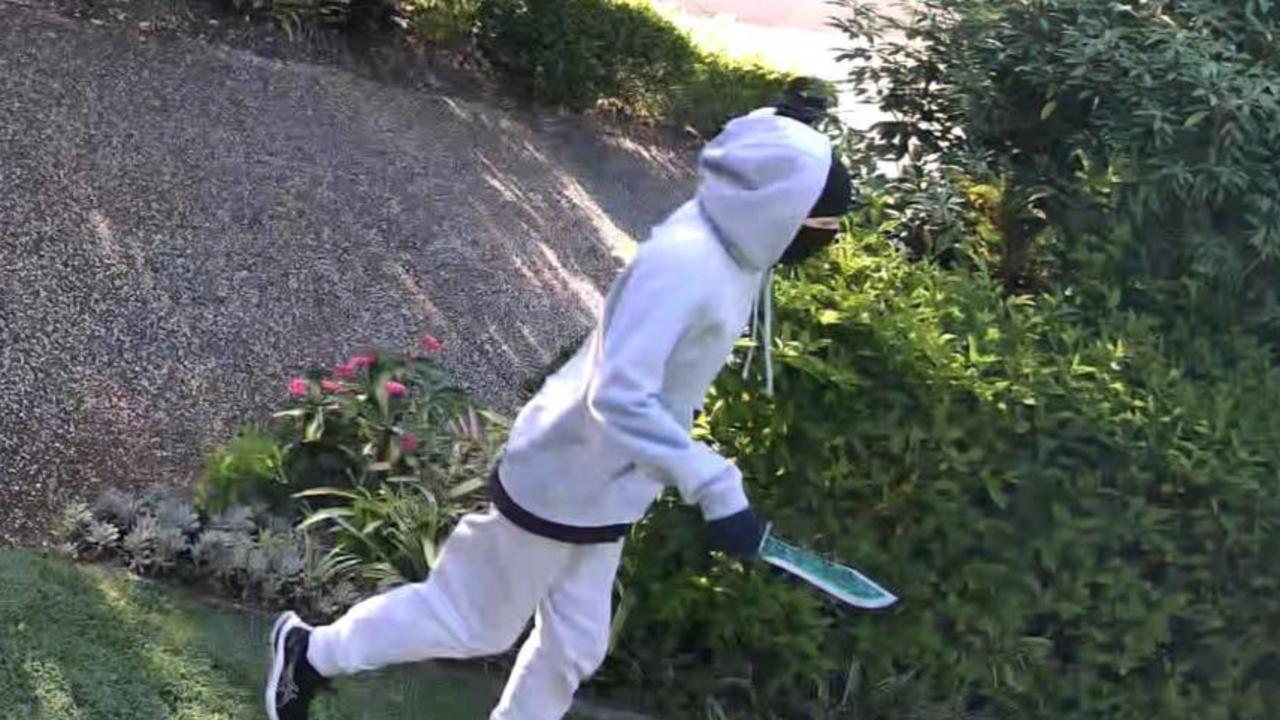Most Australian women still swear by papaw power, thanks to Qld’s Dr Lucas
Many Australian women carry in their handbags a tube of Queensland’s very own Dr Lucas’s magic papaw balm, which is still going strong after more than a century, writes Dot Whittington

QLD News
Don't miss out on the headlines from QLD News. Followed categories will be added to My News.
Carbuncles, sores, wounds, and burns and even constipation, piles, sore throats, and indigestion – nothing was too much for the famous papaw cures of Dr Thomas Pennington Lucas.
The remedies, made from “the fruit of the most wonderful tree in the world”, could be taken as pills, applied as ointment, inhaled, or gargled.
One happy customer reported in 1910 that it also had great dissolving power. A mishap at the Ekibin Rifle Range had resulted in a piece of bullet becoming stuck in his cheek and it had remained there for eight years.
“It became very unsightly, and I was advised to try the papaw ointment and I am pleased to say it brought out the splinter of nickel casing,” he said in a testimonial that appeared in newspapers around the country.
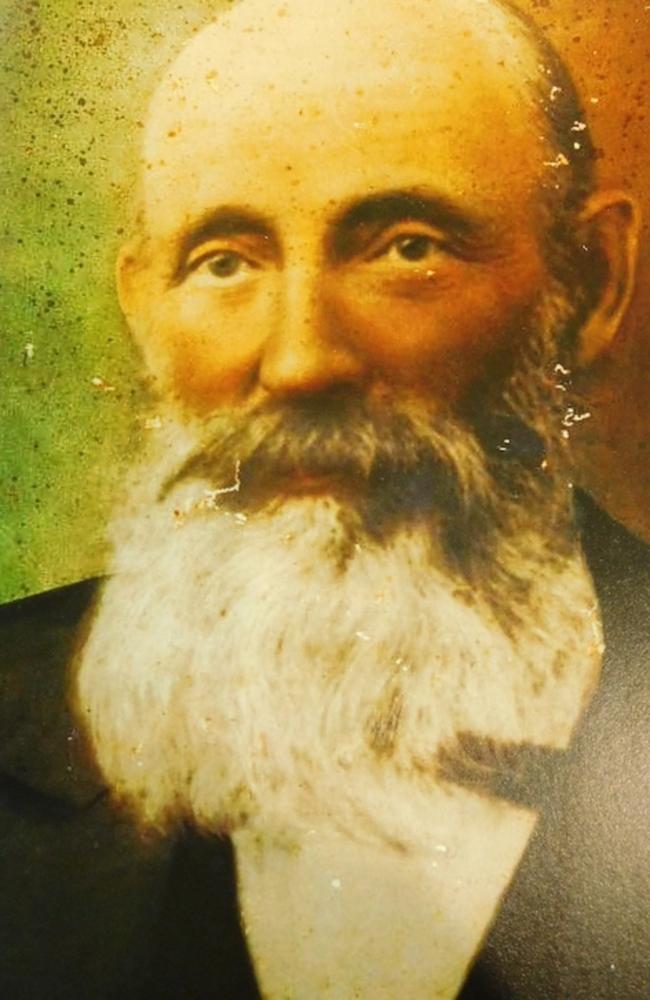
Not for him the surgeon’s knife. The ferments of the pawpaw apple, successfully isolated and concentrated by Dr Lucas in the form of ointment and pills, dissolved lifeless tissue for the foreign substance to work its way out of the flesh.
The famous Lucas’ Papaw Ointment, a staple on Australian shelves for more than a century, is one of Brisbane’s most famous and enduring success stories – a survivor from a time when patent medicines were used to cure everything from nervous disorders to liver disease.
Though often dismissed as a quack by his peers, Thomas Pennington Lucas was a physician, surgeon, scientist, member of numerous professional organisations and contributor to the British Medical Journal.
Often considered a radical – he challenged the widely accepted use of alcohol as a medicine – Lucas was a member of the Royal Society of Queensland, published 10 scientific papers and was an avid collector, particularly of butterflies. Part of his collection is now held in the Museum of South Australia.
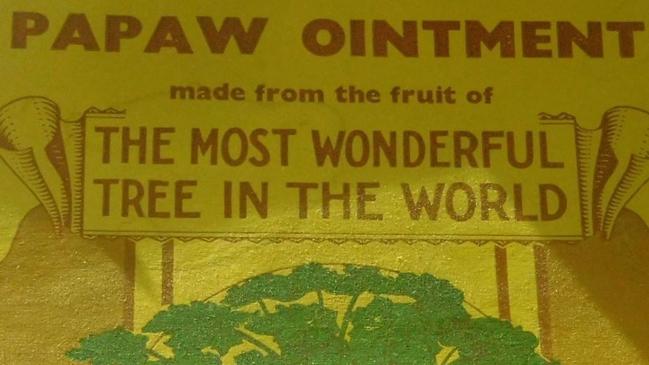
Dr Lucas was born near Edinburgh in Scotland in 1843, the son of a Methodist minister who supplemented his income by finding fossils and selling them to collectors.
He passed this interest in natural science to his son, who at 18, was accepted as a member of the prestigious Linnean Society of London, which remains the world’s oldest biological society.
Before coming to Queensland, Dr Lucas had a surgery in London attached to a chemist shop and made his own medicines.
After recovering from tuberculosis, the 33-year-old took a position as a ship’s surgeon and set sail for Australia, arriving in Melbourne in 1877.
He first worked in the Riverina district, believing the hot, dry air would heal his lungs, but soon returned to Melbourne and opened a medical practice.
After almost a decade, he decided to move to Brisbane for its warmer climate and opened a practice in the city.
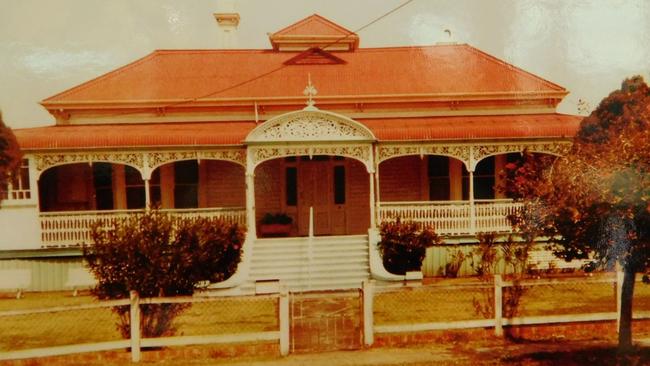
But his real interest combined his medical training with his knowledge of natural history and botany. After studying thousands of specimens, he devoted himself to investigating the medicinal value of the papaw (Carica papaya) which he described as “the world’s greatest healing agent”.
Introduced from Mexico, the papaw was first reported in Australia in the 1840s and was being grown in Brisbane in the 1880s.
At 47, Dr Lucas bought the 16ha farm, May Orchard, at Acacia Ridge to grow papaws and continue his experiments.
Whether it was tapeworms or epilepsy, dysentery or diphtheria, cysts and styes on eyelids, cancer or constipation, Dr Lucas said his experiments found the papaw remarkably effective after controlled fermentation.
He made pills for “constipation, liver and kidney complaints”, a gargle for throat troubles, and digestive mistoids for indigestion, flatulence, acidity and biliousness.
A great believer in treatments that did not require surgery, he said the power of papaw would make the surgical knife redundant, and that he had cured appendicitis and abdominal tumours.
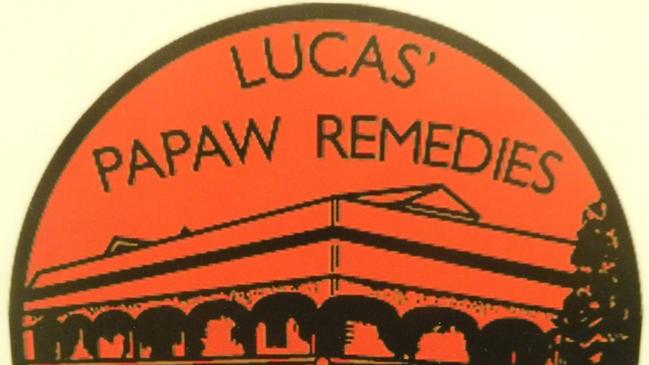
Dr Lucas’s remedies and salves became famous. In 1911, he bought a large Queenslander in New Farm and established the Vera Papaw Hospital, where patients were treated solely with his papaw remedies.
A picture of the Vera sanatorium still appears on the front of every red tube or tub of genuine Dr Lucas’ Papaw Ointment.
Dr Lucas – physician, writer, scientist, botanist and inventor – died of bladder cancer and exhaustion in 1917, aged 74.
His legacy is that six generations later, his descendants still use his same formula to manufacture Lucas’ Papaw Ointment at Acacia Ridge and export it around the globe. Testament to his lasting success came at the Melbourne International Comedy Festival when comedian Lawrence Mooney asked women in the audience how many had a tube of Lucas’ Papaw Ointment in their handbag. Almost every woman raised her hand.
“I’ve never seen a single ad for this stuff but it’s in every woman’s handbag,” Mooney said.
That’s what the test of time delivers.
EDITOR'S NOTE:
This remarkable story could not be told without years of extensive research conducted by Dr Bill Metcalf from Griffith University.



